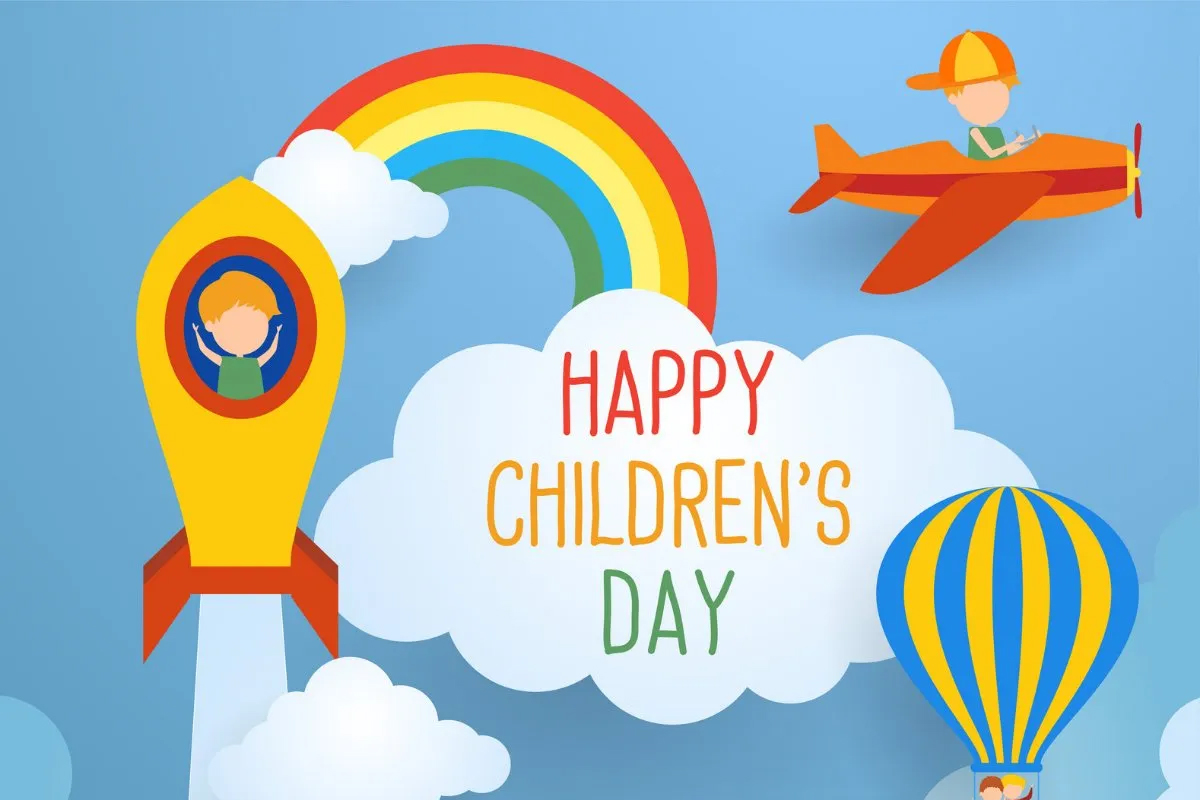Iran to sue Israel over attack on its diplomatic mission in Syria
Iran's Vice President for Legal Affairs Mohammad Dehqan has said that the country would file a lawsuit against Israel for its "deadly attack" on the Iranian consulate in Syria.
As part of its effort to provide an ethical labor market to foreign firms in 1991, India adopted the United Nations Convention on the Rights of the Child in 1992.

(Representational Image)
What are a Child’s Rights?
The rights of youngsters are outlined in the Indian Constitution. Children’s rights are human rights that are specifically designed to meet the requirements, wants, and general well-being of youngsters. They consider their brittleness, uniqueness, and age-appropriate needs. The goal of children’s rights is to think about how important a child’s growth
As part of its effort to provide an ethical labor market to foreign firms in 1991, India adopted the United Nations Convention on the Rights of the Child in 1992. The Convention was born out of Eglantyne Jebb – the lady who founded Save the Children a century ago, intention to alleviate children’s suffering by providing them with a secure, secure, and pleasant environment that might support their physical, mental, and emotional development. The Convention resonates strongly with these aspects.
Advertisement
Rights of youngsters
• Right to Identity (Articles 7 AND 8)
Children have the right to a lawful, government-registered name and nationality (to belong to a country). Additionally, they need to be entitled to an identity represented by a public record. This guarantees both access to social services and national support.
• Secondly, proper health (Articles 23 AND 24)
The right to health under articles 23 and 24 on child rights in the Indian constitution elaborates on access to special care and support for children with special needs as well as quality health care (including drinking water, nutrition, and a secure environment, respectively). These rights cover medical aid, nutrition, protection from harmful habits (including drugs), and safe working environments.
• Right to precise one’s views (Articles 12 and 13)
All kids should have the liberty to express their thoughts without fear of rebuke or disdain. Children have a right to have their opinions taken into consideration when adults are actively making decisions on their behalf. Although a child’s perspective might not be supported by facts, parents should still take it into consideration. However, this relies on the age and maturity of the youngster. Children are allowed to express themselves freely as long as they don’t use their knowledge or ideas to hurt other people.
• Access to education (Article 28)
For children to learn self-control and life skills and to find a safe and healthy environment to support their physical development, they need to have the right to free primary education.
• The proper to be safe from harm (Articles 19 and 34)
Even relations must be protected from violence, and youngsters must not be subjected to maltreatment or sexual or physical abuse. This involves using force to chastise children. This text considers child pornography, child prostitution, and child sales as all kinds of sexual exploitation and abuse that are abhorrent.
• The privilege of family life (Articles 8, 9, 10, 16, 20, 22, and 40)
Children have the right to be cared for by caregivers if family members are not available. Until it’s damaging to them, kids must accept their parents. The importance of “family reunion,” or allowing relations who live in separate countries to travel and reestablish touch, can’t be overstated.
Children who don’t have access to a family have a specific need for care and must be appropriately raised by adults who respect their culture, language, religion, and ethnicity. Children who are refugees have a right to extra protection and assistance. Children have the right to legal representation in misdemeanor cases as part of a juvenile justice system that ensures fair and prompt adjudication of cases.
• The proper to avoid engaging in violent war (Articles 38 and 39)
War or any armed struggle can seriously harm a child’s morale also as perceptions of ethics, and this must be corrected during a nurturing environment. Armed conflict transforms innocent children into refugees, prisoners, or participants in armed conflicts, and these are all circumstances that contravene the spirit of war. The govt must make sure that children are not coerced into taking part in any armed conflict while simultaneously working to rehabilitate children who have been harmed by war.
• Protection from exploitation as a right (Articles 19, 32, 34, 36, and 39)
Since exploitation is usually carried out violently, safeguarding children from violence is important to rescue them from it. This includes parental abuse, carelessness, and violence, even when it’s justified as a method of enforcing domestic discipline. Furthermore, children cannot be forced to perform hazardous or demanding tasks. Only safe tasks that don’t interfere with their access to play, education, or health are acceptable for youngsters to volunteer for.
Advertisement